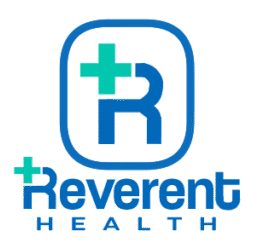Mental health challenges and substance dependence are individually challenging. When they occur together, it can feel overwhelming. Many people living with depression, anxiety, bipolar disorder, trauma, or other mental health conditions also struggle with alcohol, prescription medications, or other substances as a way to cope. Although it may seem hard to know where to begin, help is available and treatment is possible.

What is Dual Diagnosis?
Dual diagnosis, also called co-occurring disorders, refers to a condition where a person is experiencing both a mental health condition and a substance use disorder. The two often feed into each other, as mental health symptoms may drive substance use, or substance use can intensify or trigger psychiatric symptoms.
Dual Diagnosis Symptoms
- Substance use problems, e.g difficulty controlling alcohol, smoking, or drug use.
- Changes in mood, such as frequent sadness, irritability, or sudden mood swings.
- Anxiety or panic in the form of constant worry, restlessness, or panic attacks
- Depression, loss of interest in activities, low energy, or hopelessness.
- Withdrawal symptoms, which can include feeling sick, shaky, or restless when not using a substance.
- Cognitive struggles, including poor concentration, memory issues, or confusion.
- Behavioral changes, such as neglecting responsibilities at work, school, or home.
- Social withdrawal, which can be in the form of avoiding friends, family, or activities once enjoyed.
- Risk-taking behaviors like engaging in unsafe or reckless actions while using substances.
- Difficulty managing daily life, routines, relationships, or health.
Treatment Options for Dual Diagnosis
- Medications: Antidepressants, mood stabilizers, or anti-craving medications depending on needs.
- Therapy referrals: Cognitive-behavioral therapy (CBT), motivational interviewing (MI), and relapse prevention are highly effective.
- Holistic support: Encouragement of lifestyle changes, stress management, and building a strong recovery network.
How Reverent Health Psychiatry Helps with Dual Diagnosis
Our approach is designed to address both conditions together, helping patients build a healthier, more balanced life. Care from Reverent Health Psychiatry is grounded in respect, empathy, and collaboration, with treatment plans tailored to each patient’s needs. We provide:
- Medication management to stabilize mood, reduce cravings, and address co-occurring symptoms like anxiety or depression.
- Brief supportive therapy to strengthen coping skills and motivation.
- Referrals to specialized addiction-focused therapy and recovery programs for ongoing support.
- Integrated care planning that treats both mental health and substance use simultaneously, rather than separately.
Recovery is possible, with the right support.
Start your journey toward stability and healing today with Reverent Health Psychiatry’s dual diagnosis telehealth care in New York and Tennessee.

